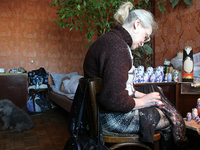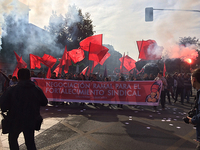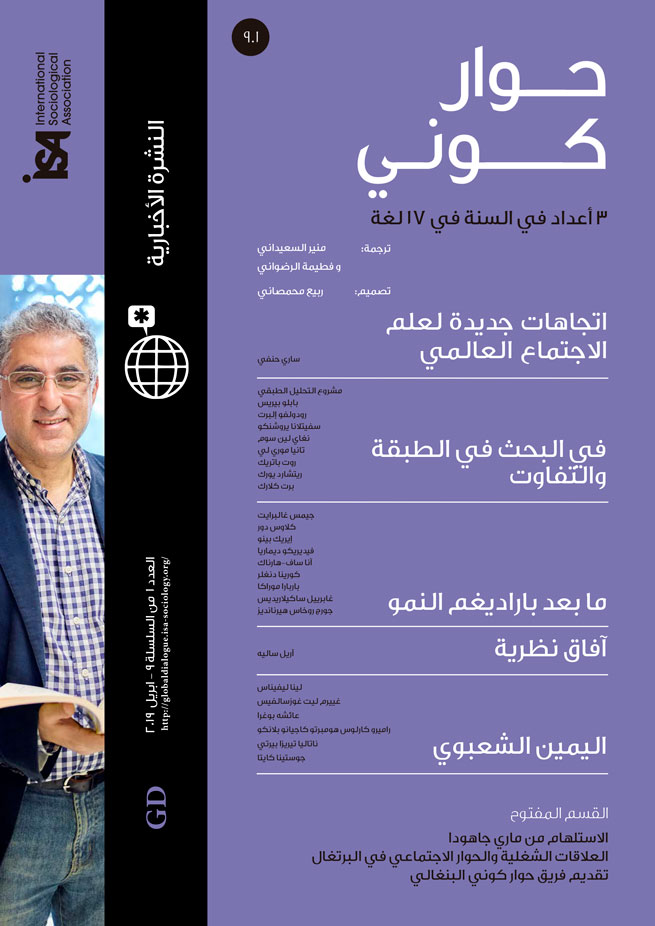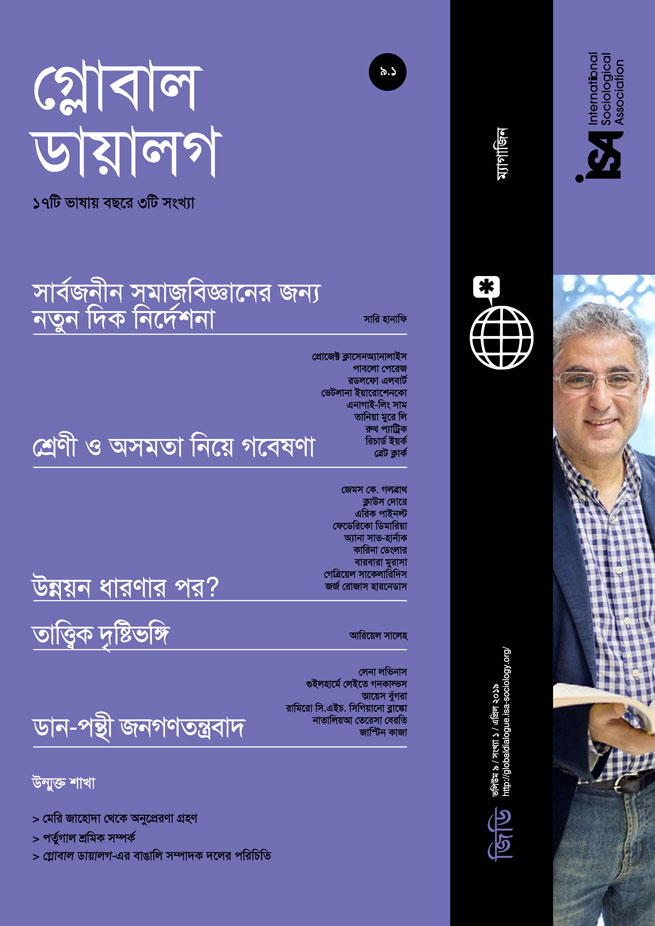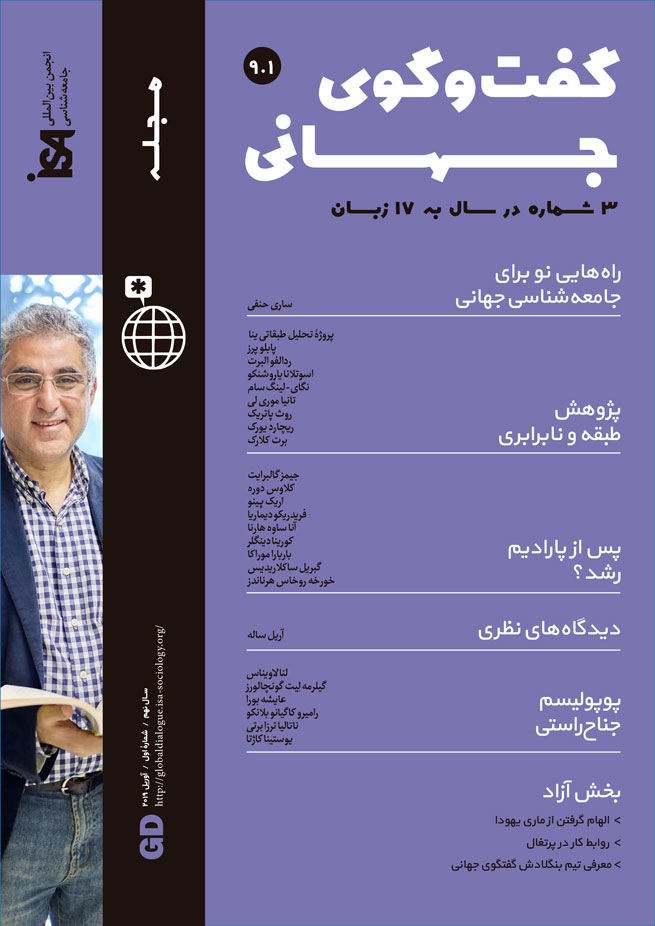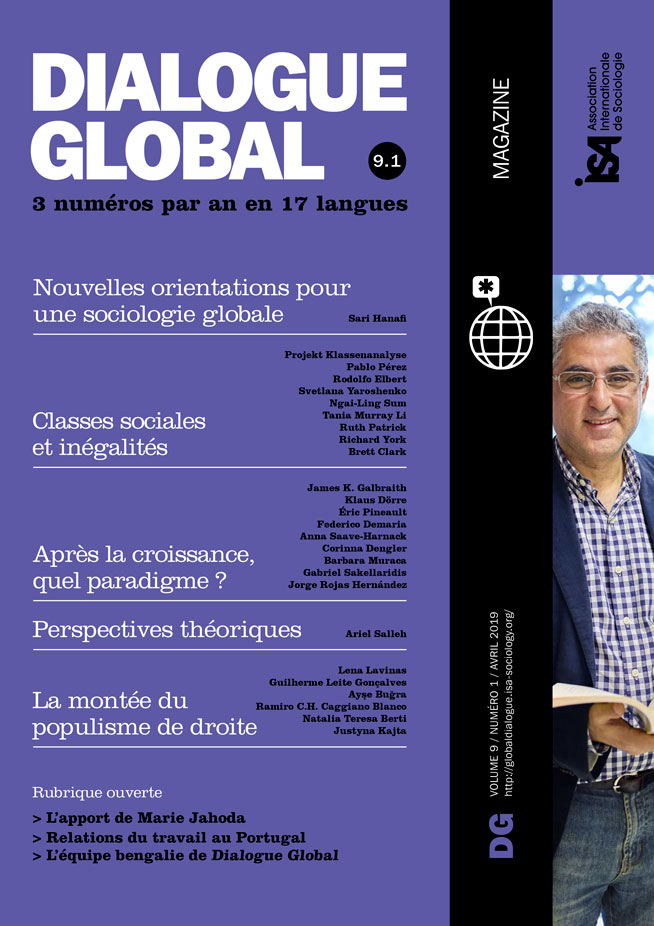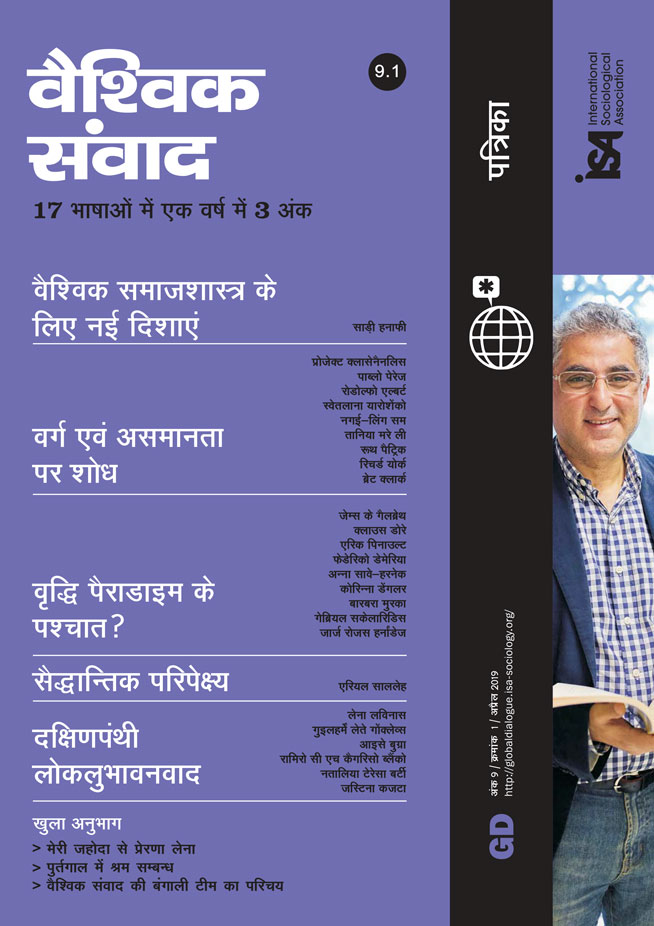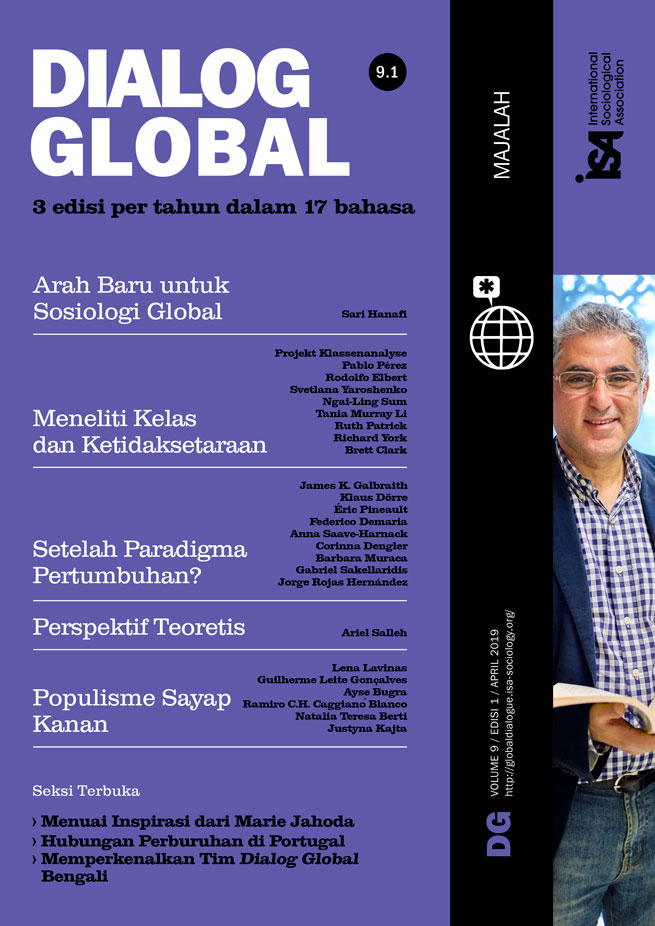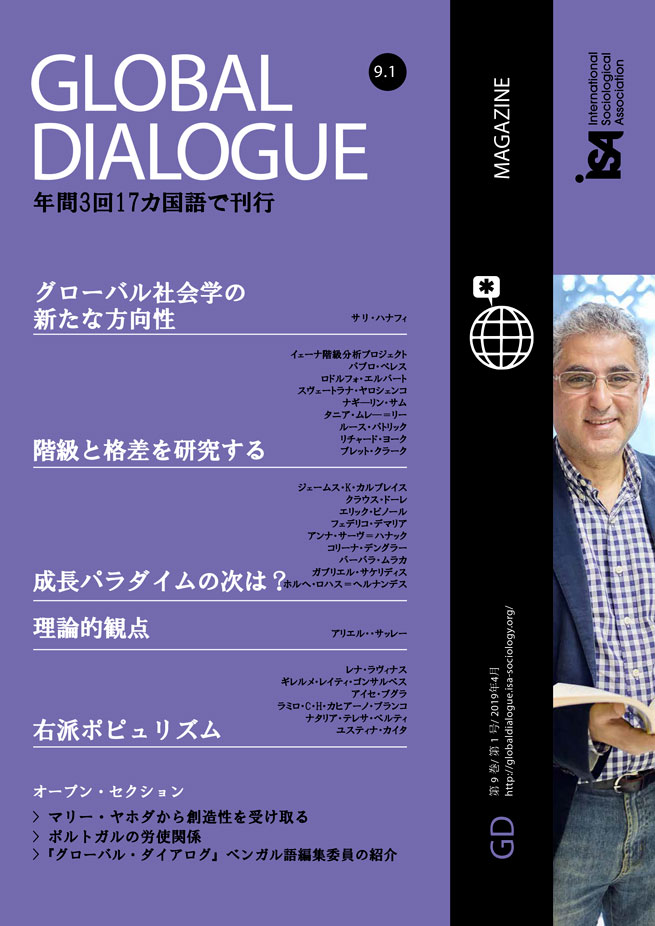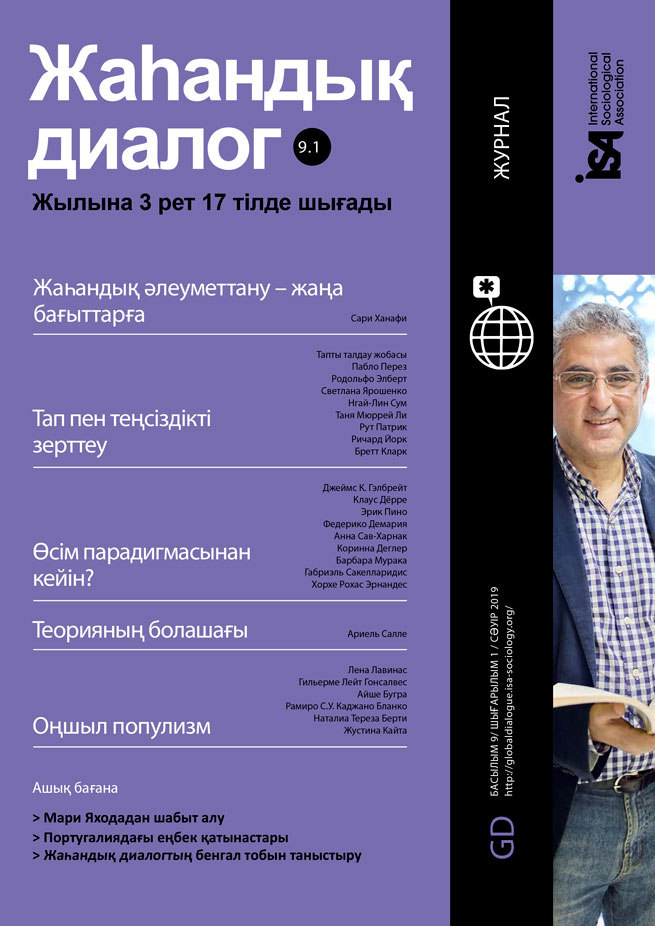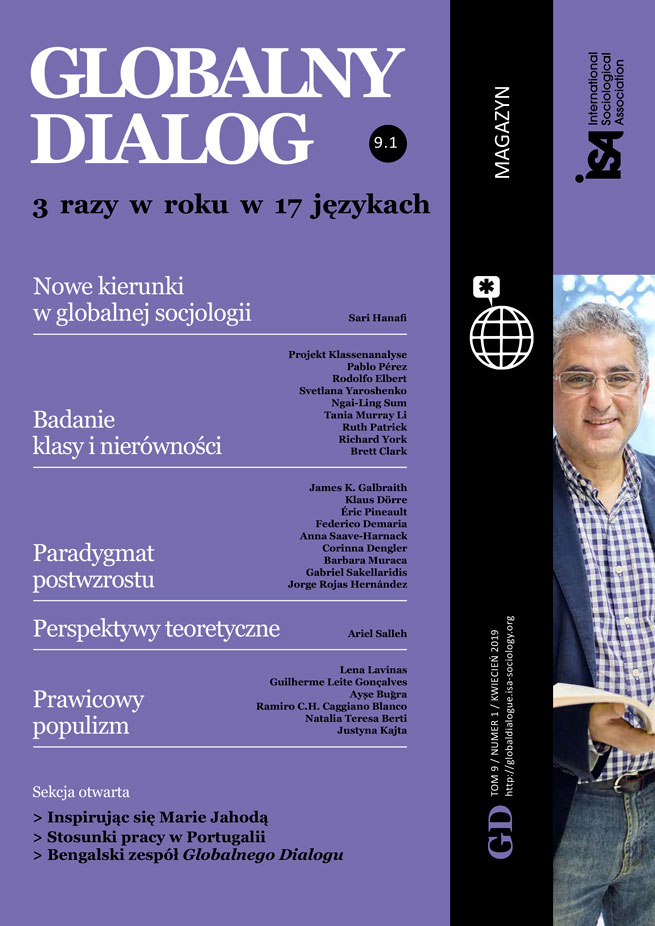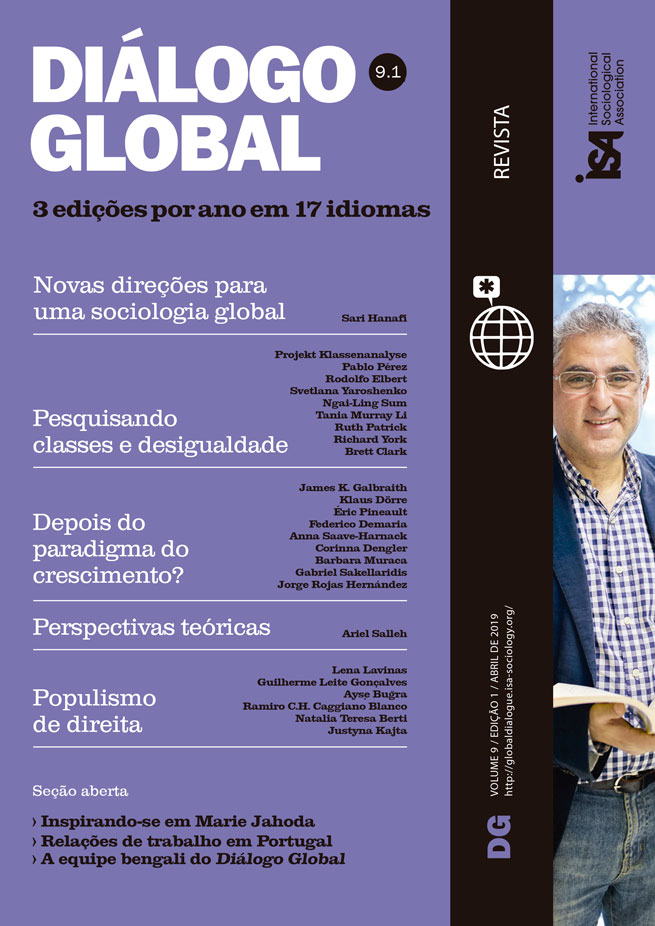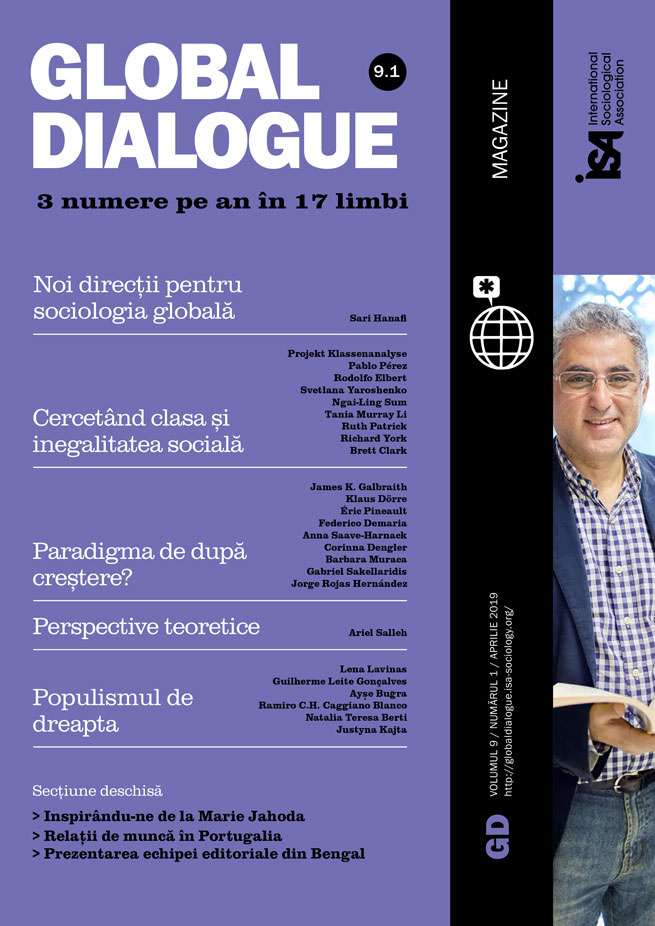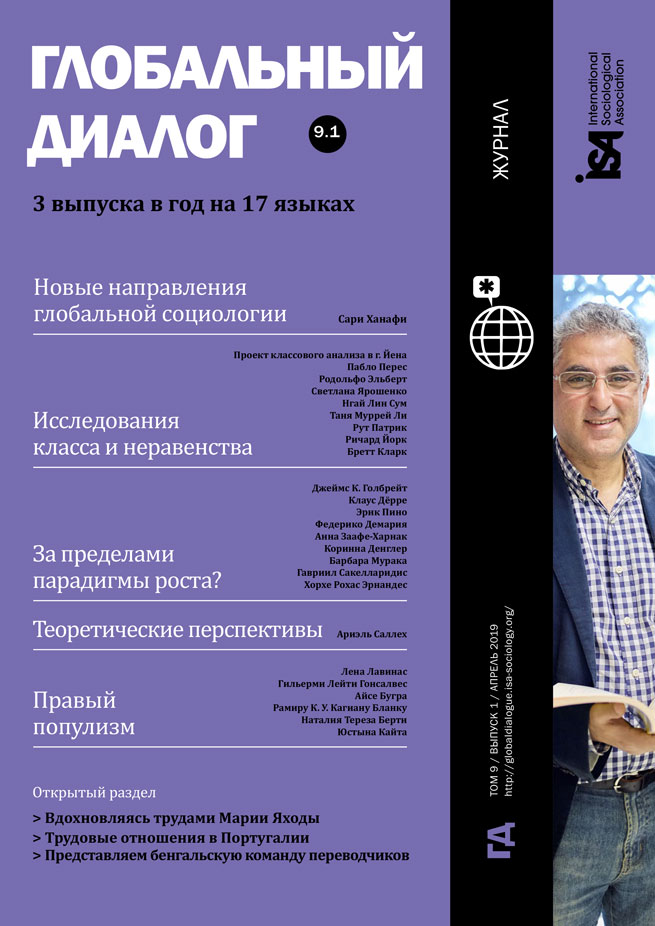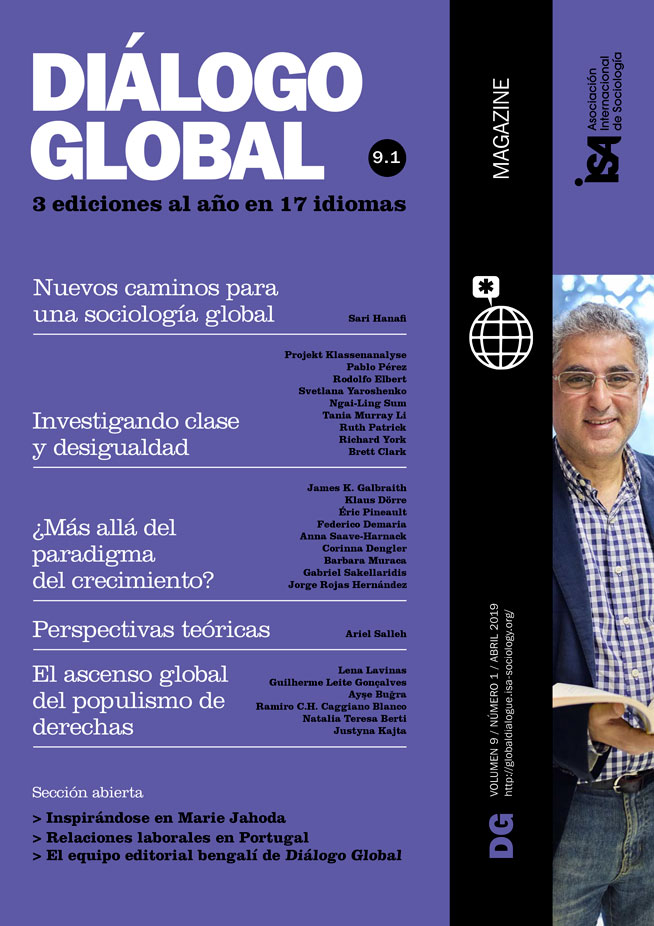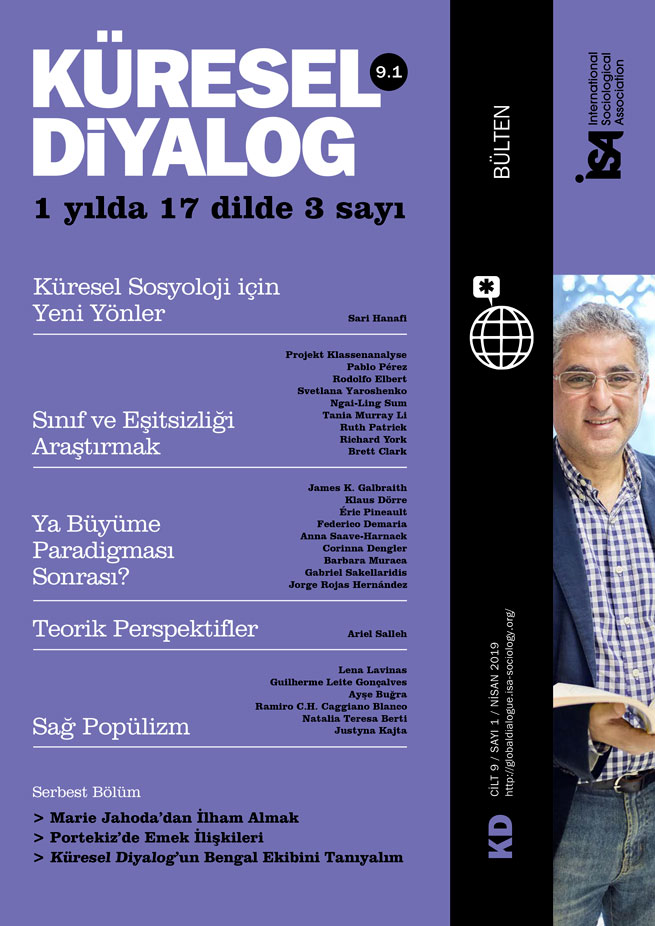Why we need class theory– PKJ looking for companions
We are currently confronted with intensifying social inequalities and increasing social protests around the globe, while the global economy is still prone to crisis. This applies even to the capitalist centers. According to official statistics, 19% of the German population was threatened by poverty or social exclusion in 2017; other studies also show an increasing social polarization. Meanwhile, large parts of the world are experiencing a shift to the political right. In light of these trends, we see that the term “class,” which – at least in Germany – was almost completely absent from the public debate in recent decades, is slowly returning to academic and political discourse. The “Projekt Klassenanalyse Jena” (Project Class Analysis Jena) was started recently at the Friedrich Schiller University, Jena. We want to reprocess past discussions concerning class, contribute to contemporary class theory, and provide a forum for discussion of current class politics. In this, we would like to initiate a conversation with academics and activists from all over the globe.
Why talk about “class”?
The strength of sociological concepts of class is that they analytically focus on the inner linkages between economic, political, and cultural inequalities. The critical capacity of the term “class” in the Marxian tradition is that it reveals structures of power and control rooted in the economic division of labor and its ownership structures. To Marx, class is hence a relational category: the class of wage-earning employees stands in an antagonistic and conflictive relationship to the class of capitalists. Unlike “milieu” or stratification approaches (upper class, middle class, working class, etc.), the term “class” in the Marxian tradition describes a structural connection that can relate the working and living conditions of social groups to each other instead of just describing economic inequalities. Through concepts of “exploitation” (Marx), “social closure” (Weber), “distinction” (Bourdieu), and “bureaucratic control” (Wright), the term “class” predominantly refers to vertical relationships of inequality, and, if pointing to power relations, is equally a concept of social theory as well as a political term. It includes political hegemony and representation as well as questions of narrative prerogatives in the cultural and intellectual processing of class relations.
New challenges
Considering new challenges and dynamic and disruptive social change, a contemporary class theory will need to address the following crucial topics and issues:
Class fragmentation and the crisis of political representation
The lasting marks neoliberalism has left on the living conditions of populations around the globe pose big challenges for class analysis. The fragmentation of working conditions and of the relations of production has differentiated the laboring class further and brought about an enormous heterogeneity within it. This development has been accompanied by an increase in the concentration of wealth in favor of a tiny upper class on the one side and by the emergence of “new dangerous classes” (Guy Standing) and divisions within the middle classes. This is the fertile ground on which ideologies of social division and right-wing populism breed. The disappearance of a uniting class perspective in the public arena and everyday political life indicates a “demobilized class society” (Klaus Dörre), where class-related dynamics continue to work under the surface of societal discourse while barely being labeled as such in political spaces. The crisis of financial capitalism and of political representation, the weakness and defensive position of leftist parties and trade unions, as well as the dissolution of the broad collective consciousness connected with this weakness form a gateway to political shifts to the right. At the same time, we have witnessed an upswing in forces and formations on the left in countries like France, Portugal, Spain, and Greece. In many countries of the Global North the protest has shifted to issues concerning migration. Discussions on the political left have often been narrowed to the incorrect contradiction of “class” versus “identity.” Some pressing questions that arise in this situation include:
- What are the connections between economic structures, political consciousness, and culture?
- What is the connection between class and other axes of conflict (gender, migration, etc.)?
- What role do declassification and distinction play within the dominated classes? How do class relations take effect when there is no representation of class interests in political organizations?
- Which class factions are dominant within single societies but also globally, and how do they articulate their interests?
Class-specific inequalities and transnational class relations
The OECD countries are marked by an increase in unemployment, poverty, and precarity, partly accompanied by a decade-long real wage stagnation. Disparities in wealth and income are reaching dramatic peaks. This trend seems to be solidifying to the extent that class-specific inequalities are even becoming obstacles for further economic growth, thus posing a threat to political stability in the core states of neoliberal globalization themselves. In the Global South, class conflicts are often based on heterogeneous and informal economic relations which include a (partly co-existing) plurality of urban and rural modes of production. Furthermore, tendencies of deindustrialization have nowadays reached countries in the Global North as well. Therefore, we must ask:
- How do classes form against the backdrop of globalization and its crises? What role do nation-states play? Can we refer to something like transnational classes?
- Which struggles can actually be conceived of as “class struggles,” and which cannot? Are there global similarities or connections between these struggles?
- Given informal economic relations, how can we describe classes and class conflicts in the Global South?
Ecological crisis
The causes of and attempts to handle the global ecological crisis are closely linked to class relations and the logics of capital accumulation. The steady drive for economic growth and productivity gains is indifferent towards its ecological foundations and biophysical boundaries. Both the access to natural resources and the distribution of ecological risks and burdens are class-specifically contested. The poor worldwide – but especially in the Global South – bear the main burden of ecological frictions. These social-ecological conflicts will most certainly increase further in the future. A contemporary class theory is bound to include these systematically:
- What is the impact of ecological distortions on class struggles?
- How do ecological burdens affect different classes?
- Which class (ractions) can be convinced of a social-ecological transformation?
- Which class interests impede such a transformation?
A call for exchange
Obviously, there are more questions to be addressed and not all those mentioned above relate to each national context. They describe tendencies that shape world capitalism today. Hence, we want to call for a global exchange – a global dialogue – on these issues in order to (further) model a class theory which takes the specific features of single societies into account while also revealing general tendencies on a global scale. We look forward to questions, cooperation, and exchanges of any kind.
Projekt Klassenanalyse Jena (PKJ), University of Jena, Germany <projekt.klassenanalyse@uni-jena.de>




